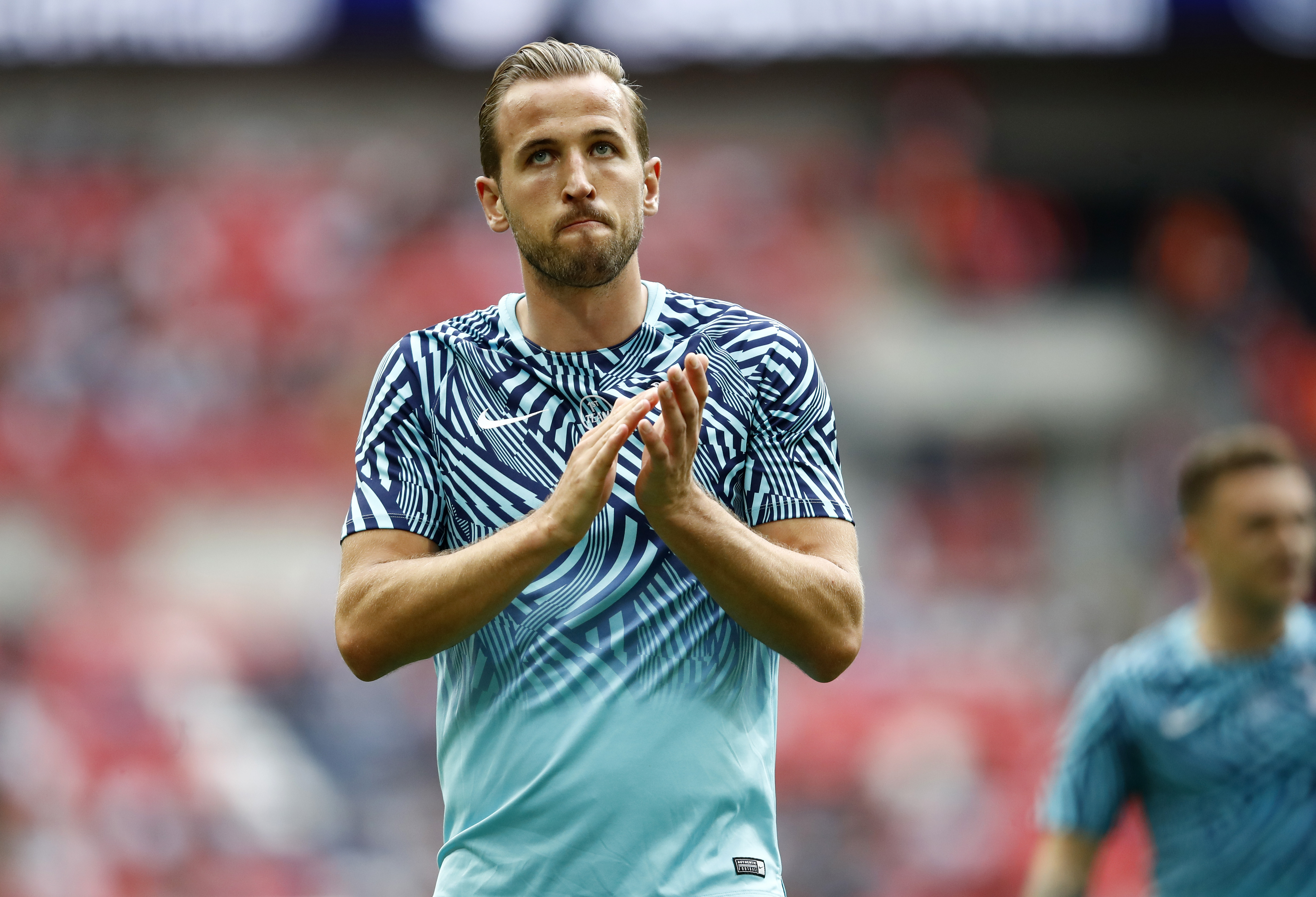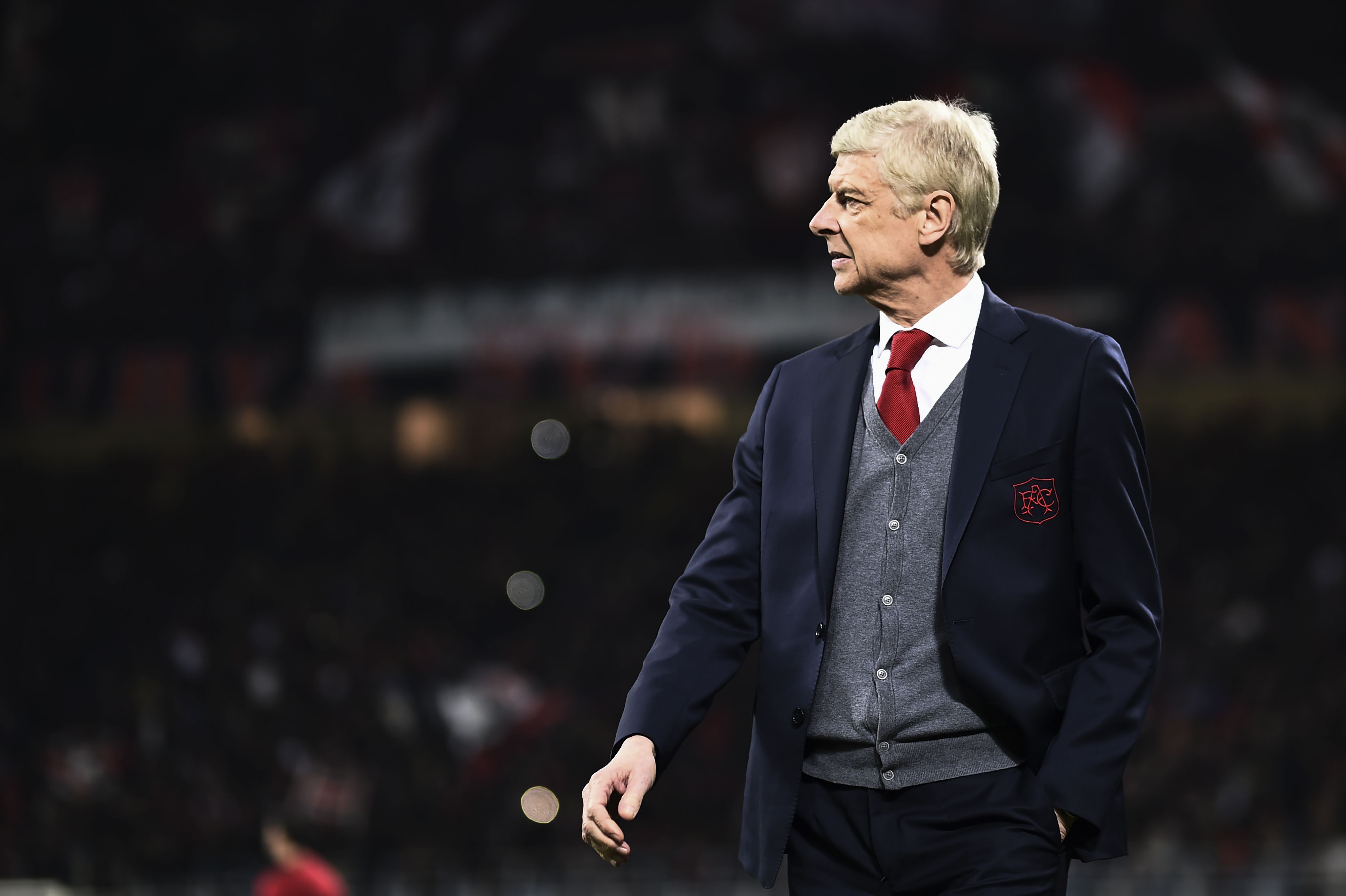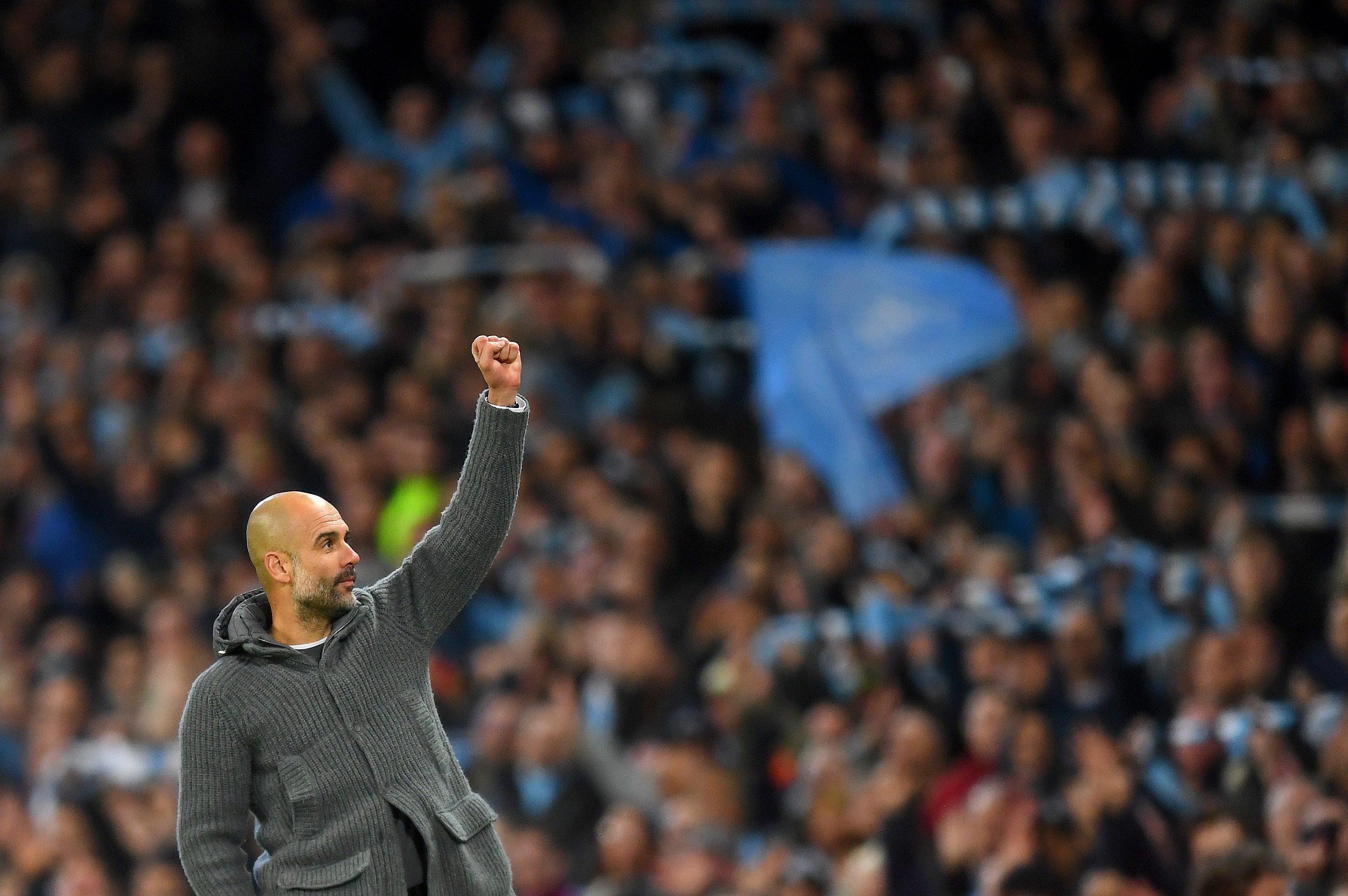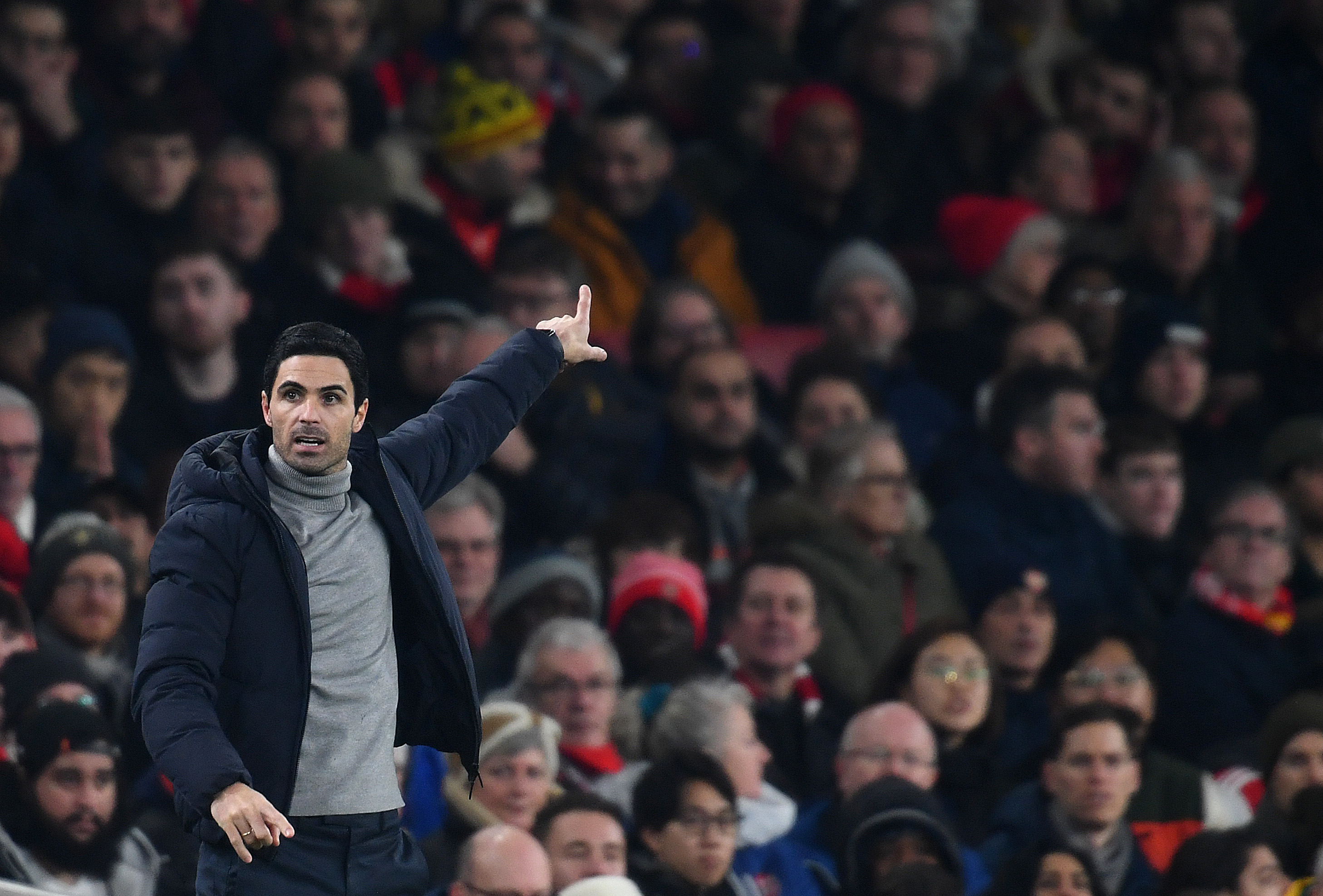With Pep Guardiola set to begin his duties as Manchester City manager in the summer, TheHardTackle looks at the potential long-term benefits of appointing the Barcelona legend.
Pep Guardiola’s decision to move to England has excited Premier League fans, but the Manchester City management will also be among those eagerly anticipating his arrival — not only because of his trophy laden CV, but also the brand of football he is going to bring to East Manchester. While his previous tenure as a manager at Barcelona and his adventure in Germany have been different on many levels, they also have been common in many ways.
Trophies, possession-based football and technically sound players have all been part of this common thread. The latter can be sub-categorized into players who were already very good players and the ones whom Guardiola guided to tap into their potential. Most of these players were youngsters who came out of their clubs’ youth ranks or were promoted by the Catalan to the first team — Sergio Busquets, Thiago Alcantara, Pedro, Pierre-Emile Hojbjerg and Mitch Weiser to name a few. Working with youth is the foundation to build teams for European and domestic success and Manchester City’s academy was undoubtedly in the back of the minds of the club’s hierarchy when they appointed Guardiola.
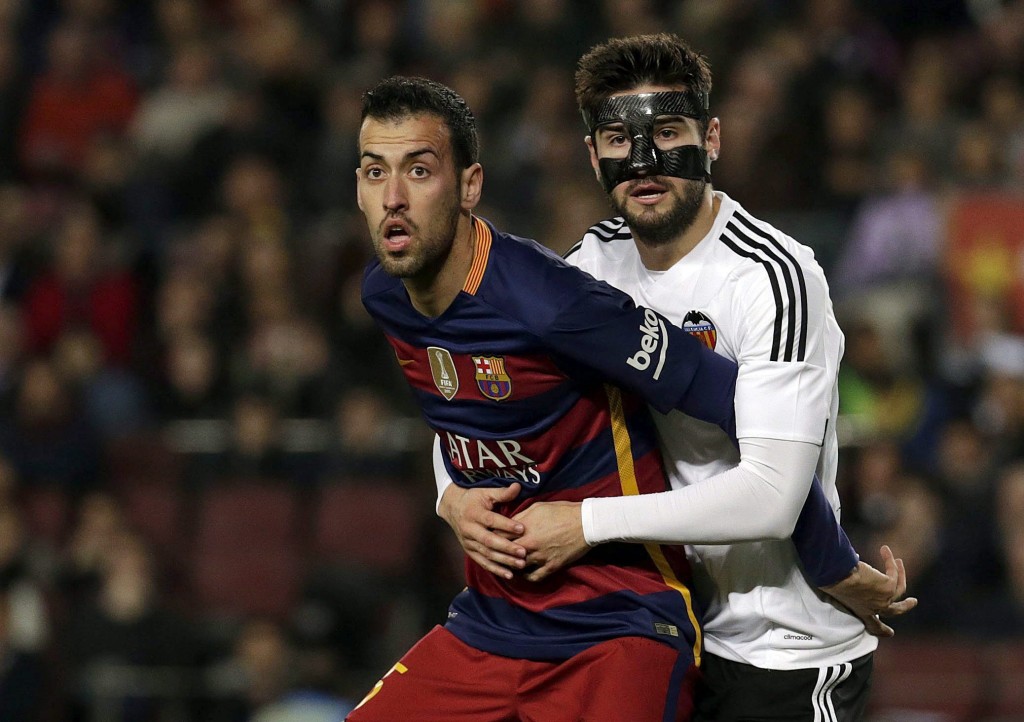
Pep’s arrival at the Etihad is analogous to the arrival of his mentor Johan Cruyff at Barcelona as a coach. Manchester City have built quite a reputation in the past few years and the stage is set for Guardiola to make them a continental powerhouse. When Cruyff returned to Barca as a coach in 1988, he suggested to the club’s management that every team at the club — starting from La Masia’s U9s to the first team — play in the same way and Barca’s strides from a good Spanish team to a European giant began under the visionary Dutchman.
Guardiola, who took his first steps in tactical planning and management by looking at his boss, believes that the way you win things is more important than merely winning. Even though there are many coaches who take a take page out of Cruyff’s ideology of the game, there is no coach who embodies that footballing philosophy more than Guardiola. Managing Barcelona’s B team and being an insider since his playing days helped Guardiola bring out the talented players from the youth team who would go out to win every possible trophy at club and international level.
Sergio Busquets, Pedro, Thiago Alcantara were promoted from the reserves to the main team. Guardiola also brought back Gerard Pique, who was a Barca youth player, to solidify his defence. He brought this raw talent to the first team and combined it with the experience of senior players like Xavi, Andres Iniesta, Carles Puyol and Lionel Messi, who had also come through the same doors of La Masia. The club did the rest by bringing in much needed star quality in the form of Samuel Eto’o, Thierry Henry and David Villa.
This proved to be the perfect blend of home grown talent and purchased stars as the club amassed 13 trophies during his four years as Barcelona manager. While his inside-out knowledge of the club and the work done by his predecessors contributed to Pep’s unprecedented success at Barcelona, his time at Bayern Munich was different when it came to dealing with the club’s youth policy. It is well known how the decision of the German Football Association (DFB) to restructure their youth systems after Euro 2000 and their investment of over €1.2 billion over a decade finally came to fruition with the 2014 World Cup triumph.
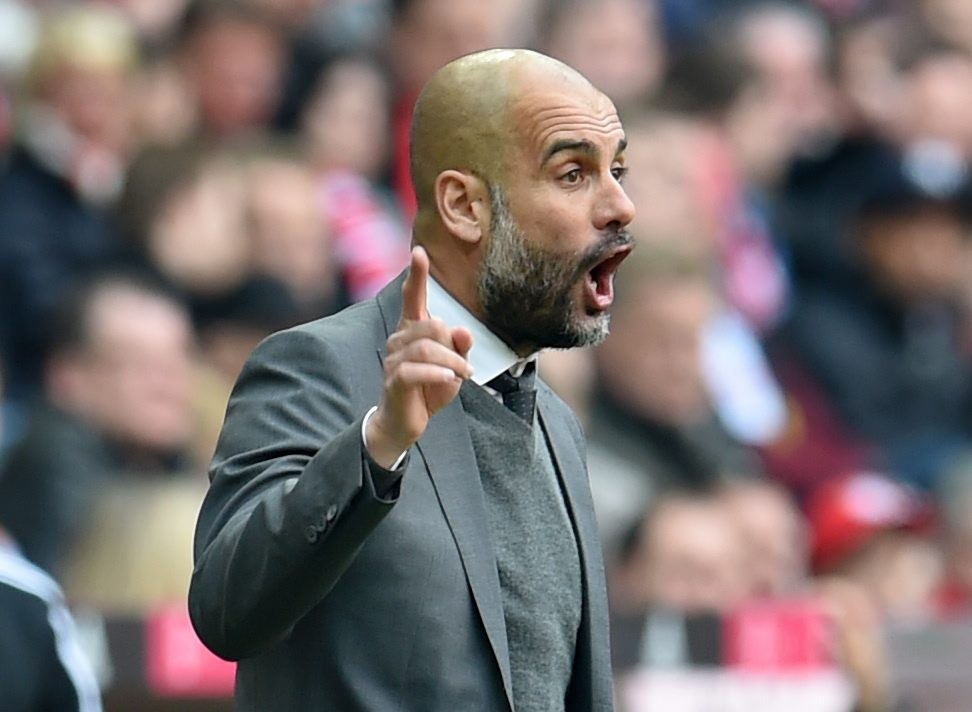
The rules set by DFB resulted in Bayern luring youngsters from domestic and Austrian youth systems directly to their reserves and U18s. This made it hard for Guardiola to incorporate talented youngsters into the first team in the way he wanted them to play. Though the Bayern hierarchy were believed to have signed Pep to bring the club that ‘identity’ they were craving for, their youth policy clashed with Pep’s plans. Adding to this, the cultural gap between Guardiola’s possession football and Germany’s traditional counter-attacking style made it hard for the youth team players to follow Guardiola.
While the likes of Emre Can and Julian Green were deemed surplus to requirements and left the club, bright talents such as Mitchell Weiser and Pierre-Emile Hojbjerg were loaned out to other clubs after finding it difficult to meet the Catalan’s demands. Three years in Munich have yielded trophies, but the issue with promoting home grown players successfully can be attributed as one of the reasons for Bayern’s consecutive semi-final defeats in the Champions League.
Manchester City’s football academy
After the club ownership changed hands to Sheikh Mansour and the Etihad Airways group in 2008, Manchester City had a road map to structure their youth system and laid out plans to build a new training centre consisting of 12 training pitches and a new stadium for their reserve teams and women’s team. After careful planning and acquisition of land in and around their new home ground, the Manchester City Academy was officially launched in December 2014.
Just two years from its official inception, the CFA has been fairly successful in bringing out home grown talent to the first team. Though City spent heavily on stars like Kevin De Bruyne, Eliaquim Mangala, Nicolas Otamendi, Stevan Jovetic and Raheem Sterling over these two years, they also managed to bring through talents like Kelechi Iheanacho, Jason Denayer and Brandon Barker to play for the first team.
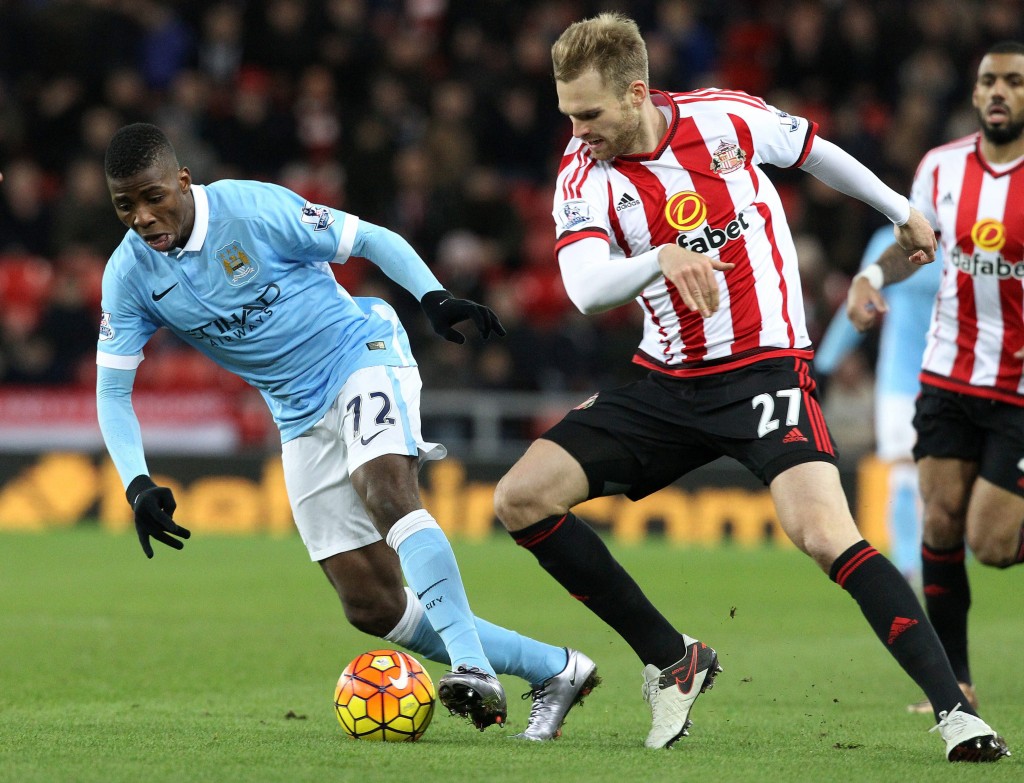
Among them, Kelechi Iheanacho has been the most consistent as his performances in 2015-16 have made him a regular in the first team. The Nigerian has scored 14 goals in 36 games in all competitions for the first team, which is six more than Wilfried Bony. While many of the club’s senior players are set to leave, talented youngsters such as Jason Denayer, Pablo Maffeo, Angus Gunn and James Horsfield will have the chance to impress Pep Guardiola.
Another factor that will contribute towards the change in ideology around the club is the management’s willingness to listen to the inputs given by Guardiola. This will also help the club to keep him for a fair amount of time, unlike his time at Bayern, where the club’s corporate system didn’t exactly match Pep’s taste. His eye for a talent in the reserve teams will also help the club to stop talents such as Daniel Sturridge or Rony Lopes to slip from their grasp.
The presence of Txiki Begiristain, who will be working closely with his former team-mate Guardiola, will facilitate more effective communication between club and manager. This will be different for Guardiola arriving at a new club and adjusting to a new culture, but he will have a lot more freedom to express his way of playing football. Even though it won’t be an overnight phenomenon considering the fact that it has taken Barcelona almost a decade and half to see their playing philosophy bear fruit, the seeds of playing the City way can be sown and seen over the years to come.

